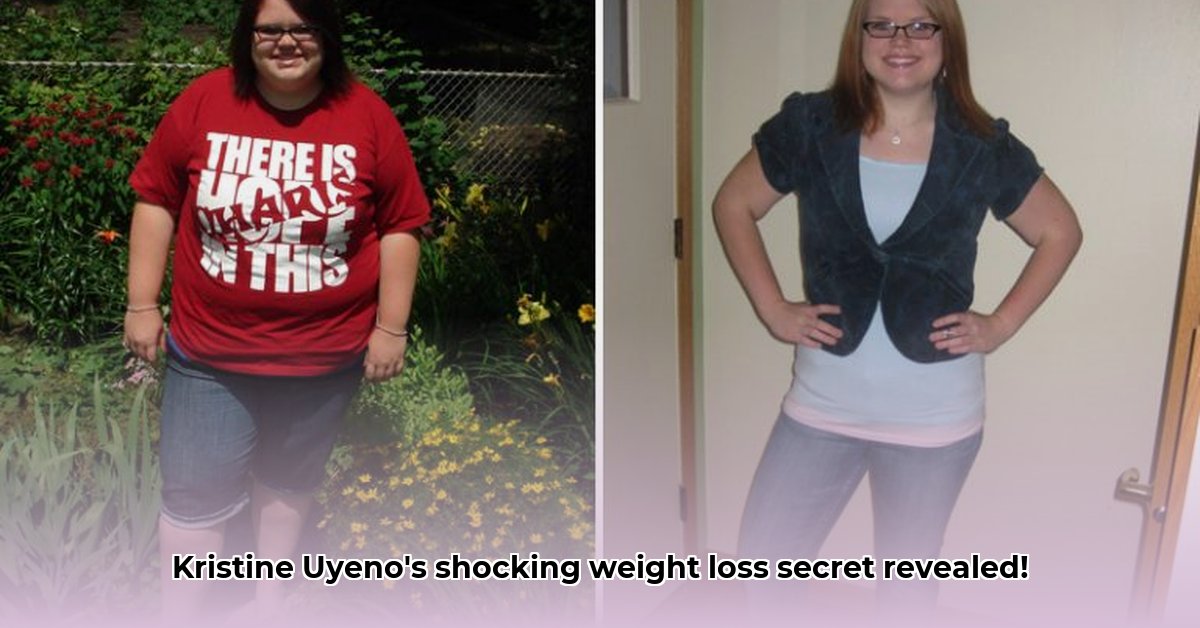
Understanding the Limited Public Information
Kristine Uyeno's professional accomplishments as a broadcast journalist are widely documented, showcasing a successful career trajectory. However, information regarding her personal life, including any potential weight loss journey, remains largely private and unavailable to the public. Attempting to create a narrative around her weight loss without verifiable information would be irresponsible and potentially unethical. This article will address what is publicly known and the ethical considerations surrounding reporting on personal health details of public figures.
The Importance of Fact-Based Reporting
Responsible journalism prioritizes accuracy and respects individual privacy. Speculating about Kristine Uyeno's weight loss without concrete evidence would not only be inaccurate but could also be harmful. Such speculation could promote unrealistic expectations around weight loss or trigger unhealthy comparisons. Our commitment is to present only verifiable facts, avoiding conjecture and ensuring ethical reporting practices.
What We Know: Focus on Professional Accomplishments
Publicly available information highlights Kristine Uyeno's impressive career in broadcast journalism. Her career demonstrates substantial success including roles in various news organizations and her dedicated service to her community. This professional success, while impressive, provides no insight into her personal health choices.
The Challenge of Verifying Personal Information
The difficulty in verifying details on Kristine Uyeno’s personal life, including any potential weight loss attempts, underscores the importance of ethical considerations. Many online sources offer conflicting information about public figures, highlighting the need for responsible reporting based on verified facts. Accurate reporting requires multiple reliable sources and a cautious approach when discussing personal information not explicitly shared publicly. The absence of verifiable information necessitates avoiding speculation.
Respect for Privacy: An Ethical Imperative
Public figures, while often in the public eye, deserve to maintain their privacy. Speculation on personal health matters without their consent is a breach of journalistic integrity and disregards their right to privacy. Responsible journalism demands respectful boundaries and prioritizes accurate, verified information over potentially harmful speculation.
The Path Forward: Responsible Reporting on Public Figures
Should Kristine Uyeno choose to publicly share details about a personal weight loss journey, a factual account would then be appropriate. Such an article would adhere to journalistic ethics and the style of reputable health publications, presenting information objectively without sensationalism. The focus would be on verified details shared by Ms. Uyeno herself, along with potentially relevant expert opinions from qualified professionals in the field of health and wellness. Until such information is publicly available, responsible journalism dictates that no speculation or assumptions about her personal health should be made.
Conclusion: Upholding Journalistic Integrity.
In conclusion, responsible journalism demands a cautious and ethical approach to reporting on personal details of public figures. While Kristine Uyeno’s public career is a matter of legitimate journalistic interest, speculation about her private health status is inappropriate. This commitment to ethical reporting practices reinforces trust and maintains the integrity of the journalistic profession. Respect for privacy and the pursuit of accurate reporting are paramount.